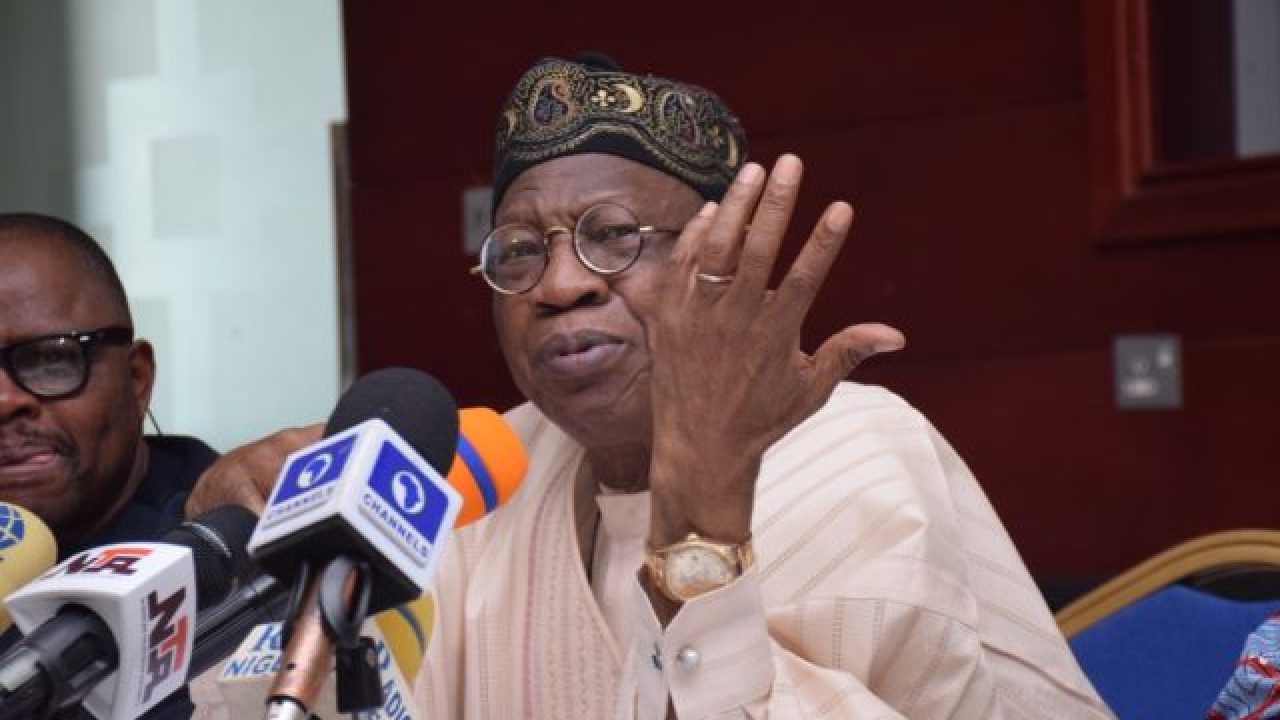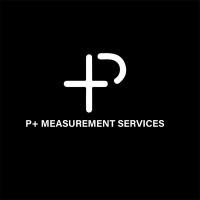Broadcasting industry experts say the federal government projection of digital switchover (DSO) within three years may not be feasible.
A digital switchover is the migration from analogue television broadcasting technology to digital system.
In February, the federal government inaugurated a ministerial taskforce to oversee the digital switchover in the country.
Lai Mohammed, minister of information, who is the chairman of the taskforce, had said the federal government need to create a structure and an ecosystem that is self-sufficient, self-reliant and able to generate revenue which will drive strategic growth in key areas.
But experts say the minister’s projection may not be feasible given a number of issues that confronts the project.
Attoh Akende, a Makurdi-based broadcast expert, said the N2.5billion money laundering scandal involving Modibbo Kawu, suspended director-general of the National Broadcasting Commission (NBC), may hinder the process since the matter has not been resolved.
“Those named in the scandal are still in court where they were dragged by the Independent Corrupt Practices Commission (ICPC), which traced the money to various personal accounts,” Akende said.
“The minister gave approval for the payment but was listed only as a witness, surprisingly.
He added that the recently approved sum for payment may not be better managed.
Expressing a similar view, Dominic Omuedi, a Warri-based expert noted that most of the companies that received payment in the first phase of the programme have failed to account for the money.
He said the inadequacy of critical infrastructure may delay the projected completion period.
“Before the DSO programme screeched to a halt in 2018, very little had been done in terms of infrastructure,” he said.
“Up to now, there is no sustainable Digital Terrestrial Television (DTT) coverage in places where the DSO pilot took place.
“Plateau, Enugu, Osun, Kwara, and Kaduna states as well as the FCT, the pilot locations, have partial coverage. As such signal for Free TV, the NBC’s DSO vehicle, are receivable only in the state capitals. How do they expect to cover everywhere in three years? he asked?
Speaking on the availability of set-top-boxes (STBs), which is needed for the conversion of analogue TV signal to digital, Jude Nnogo, a digital engineer, said the country does not have the capacity to manufacture the boxes
“Some companies claim they have manufacturing capacity, but have produced no STB to date, not one,” Nnogo said.
“Even the ones that claim to have the capacity to assemble locally have lack finance to do so. They are waiting for government handout. Of the 800,000 imported at N10billion, only 300,000 are active. Without STBs, there is no conversion. Three years? That is fantasy.”
Nnogo also identified the lack of DTT coverage as a major hindrance, saying the two licensed signal carriers have not functioned optimally.
“One of them has only one transmitter in each of the states used for pilot in the first phase,” he said.
“The other relies on the transmitters of a major DTT operator and has presence in only four states. How can these provide nationwide DTT coverage?
“Many African countries have completed their own digital transition programmes, but because of corruption and unseriousness, we are just faffing around.”
Nigeria digitisation process took off in 2008 with the inauguration of the Presidential Advisory Committee (PAC) on Transition from Analogue to Digital Broadcasting in Nigeria.
But the country has missed several deadlines mainly because of inadequate funds
Credit: thecable.ng














